
“After all these years, I see that I was mistaken about Eve in the beginning; it is better to live outside the Garden with her than inside it without her.”
| "The Adam & Eve Diaries"

“After all these years, I see that I was mistaken about Eve in the beginning; it is better to live outside the Garden with her than inside it without her.”
| "The Adam & Eve Diaries"
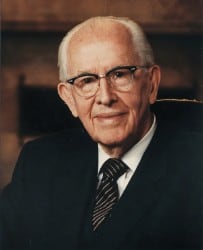
“No one adequately and properly knows why he needs Christ until he understands and accepts the doctrine of the Fall and its effect upon all mankind.”
| A Witness and a Warning
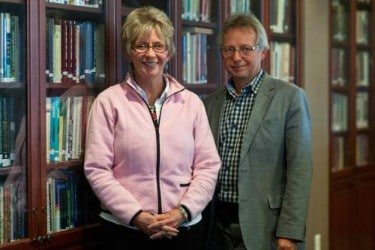
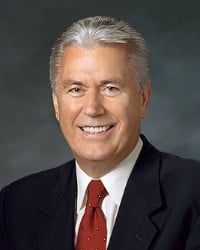
“We may assume that because we have fallen before, falling is a part of our identity. Like one famous author said, ‘And so we beat on, boats against the current, born back ceaselessly into the past.'”

“You have agency, and you are free to choose. But there is actually no free agency. Agency has its price. You have to pay the consequences of your choices.”
| On the Wings of Eagles, BYU Devotional, July 2006

“Sin and death are not the beginning of the human saga; divine parentage and a planned destiny are. Christ’s central purpose from the beginning was not to correct an Adamic misstep, but to draw us further into a world of joyful sociality. His voluntary mission was not to take us back to an original condition, but to move us forward — from primeval wholeness (‘whole from the foundation of the world’) to a more abundant existence (‘added upon’).”
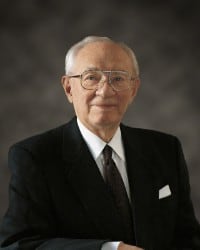
“Some men who are evidently unable to gain respect by the goodness of their lives, use as justification for their actions the statement that Eve was told that Adam should rule over her. How much sadness, how much tragedy, how much heartbreak has been caused through centuries of time by weak men who have used that as a scriptural warrant for atrocious behavior! They do not recognize that the same account indicates that Eve was given as a helpmeet to Adam. The facts are that they stood side by side in the garden. They were expelled from the garden together, and they worked together, side by side, in gaining their bread by the sweat of their brows.”
| Ensign, November 1991, p. 51
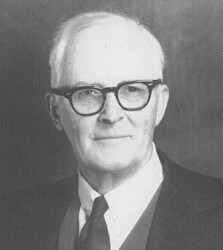
“This is the terror: to have emerged from nothing, to have a name, consciousness of self, deep inner feelings, an excruciating inner yearning for life, and self-expression – and with all this yet to die. It seems like a hoax.”
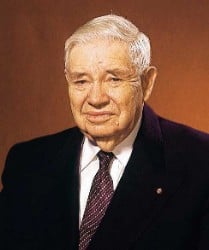
“Adam wandered alone in the glorious Garden in Eden, which he had dressed and adorned… for sin was not yet in the world. Through all this magnificence Adam wandered, lonely, unsolaced, uncompanioned, the only being of his kind in the whole world, his life unshared in a solitude of exquisite elegance, and, what was of far greater moment, his mission, as he knew it to be, impossible of fulfillment, except the Father gave him an helpmeet.”
| Selected Papers on Religion, Education, and Youth